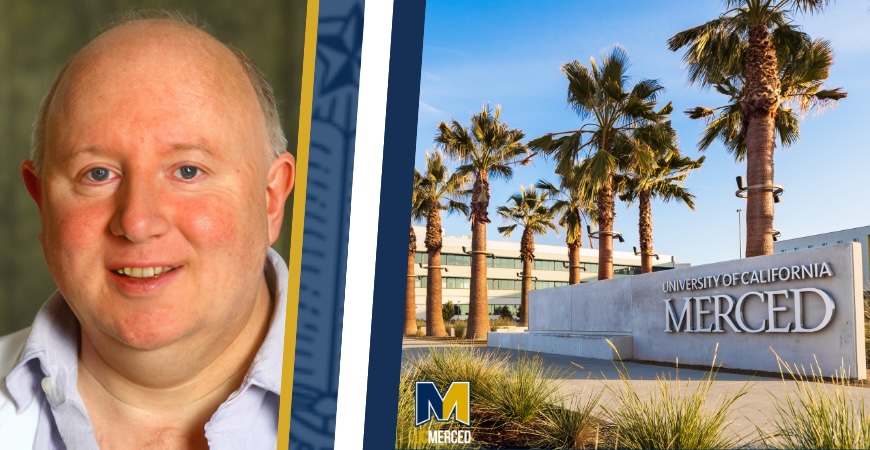
On Friday, the campus community will hold a remembrance to celebrate the life and contributions of bioengineering Professor Emeritus Ariel Escobar, who died in December.
He joined UC Merced in 2008. His laboratory developed new optical, micro-mechanical and electrophysiological techniques for studying key aspects of striated muscle physiology. Escobar used these tools to understand the molecular and cellular mechanisms involved in the development of cardiac arrhythmias.
Friends described Escobar as an avid scientist with a special talent for solving intricate technical problems that involved understanding calcium dynamics in muscle. He served as the chair of the Department of Bioengineering and was a member of the National Research Council of Venezuela.
Escobar was born in Comodoro-Rivadavia, Argentina, on March 25, 1962. After serving in the Army, he studied electronic engineering at Universidad Tecnológica Nacional in Buenos Aires. After attending a workshop on ionic channels, he decided to dedicate himself to electrophysiology.
Escobar obtained a Ph.D. in Biological Sciences from the University of the Republic in 1993, after which he was a postdoctoral scholar at UCLA. He later moved to Venezuela, where he joined the faculty of the Instituto Venezolano de Investigaciones Científicas. In 2000, Escobar moved his laboratory to Texas Tech University Health Sciences Center in Lubbock. He worked there until he moved to UC Merced.
Escobar is survived by his wife, Tania, and many friends who consider themselves part of his family.






